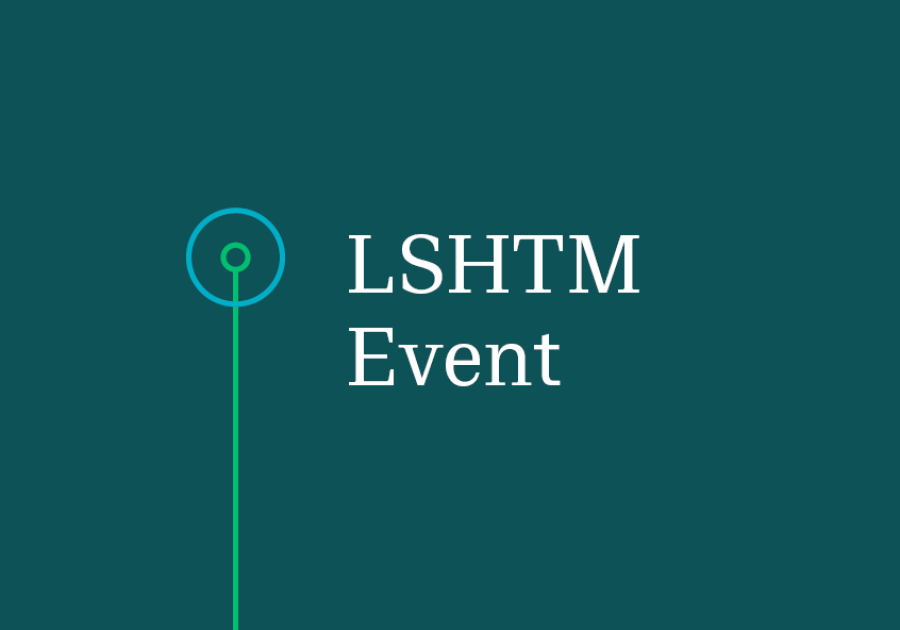Estimating death rates in complex humanitarian emergencies using the network survival method
Evaluate new methods for estimating mortality rates in humanitarian emergencies

Reliable estimates of death rates in complex humanitarian emergencies are critical for assessing the severity of a crisis and for effectively allocating resources. However, in many humanitarian settings, logistical and security concerns make conventional methods for estimating death rates infeasible. In this study, we develop and test a new method for estimating death rates in humanitarian emergencies. Our method is based on the idea that reports about deaths in survey respondents’ social networks can be used to estimate death rates. To test our method, we collected original data in a setting where reliable estimates of death rates are in high demand, Tanganyika Province of the Democratic Republic of the Congo. Qualitative work suggested testing two different types of personal networks as the basis for death rate estimates: deaths among immediate neighbors and deaths among extended kin. We evaluate our new method for estimating mortality rates in humanitarian emergencies by benchmarking against a contemporaneous retrospective household mortality survey. Our empirical results illustrate the settings and assumptions under which we would expect our new method to produce reliable estimates of crude death rates.
Speakers
Casey Breen, Postdoctoral Fellow at the University of Oxford, affiliated with Nuffield College
Casey Breen completed his PhD in Demography and MA in Biostatistics both at UC Berkeley. His research develops and applies computational and demographic methods to examine questions in population health. In one line of research, he investigates mortality disparities and dynamics in the United States using large-scale administrative data. In a second line of research, he uses network-based methods to estimate deaths rates in humanitarian emergencies
Event notices
- Please note that you can join this event in person or you can join the session remotely
Admission
Contact





